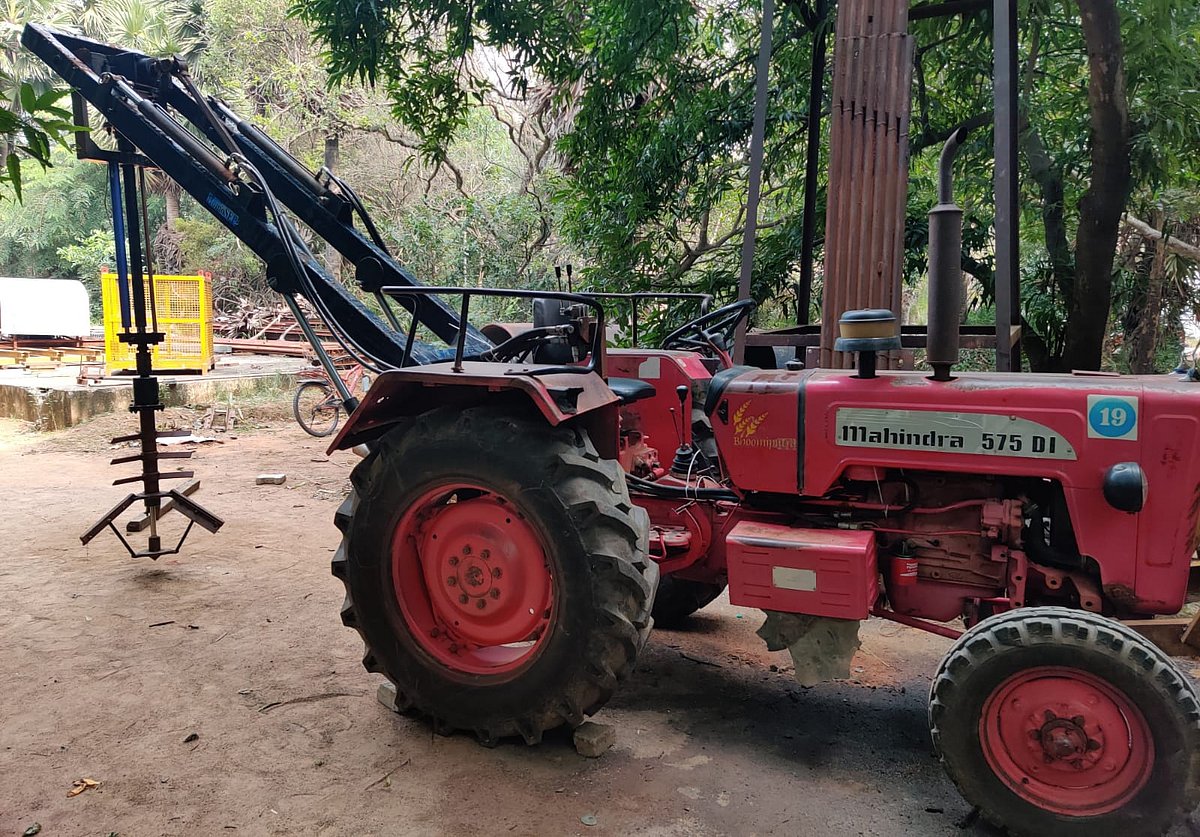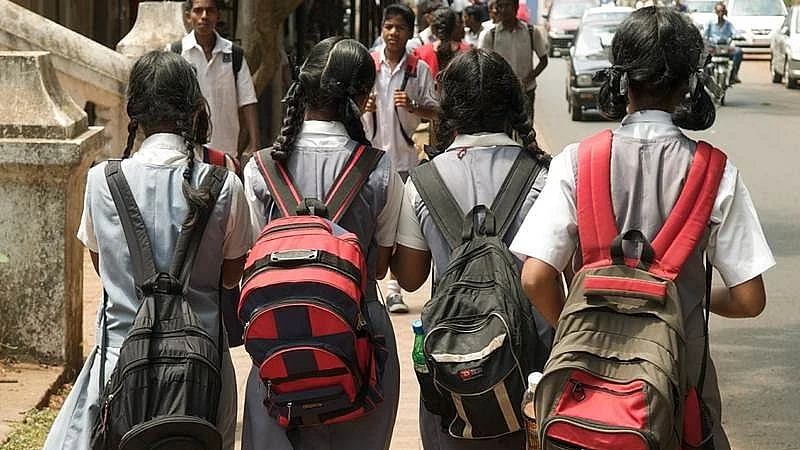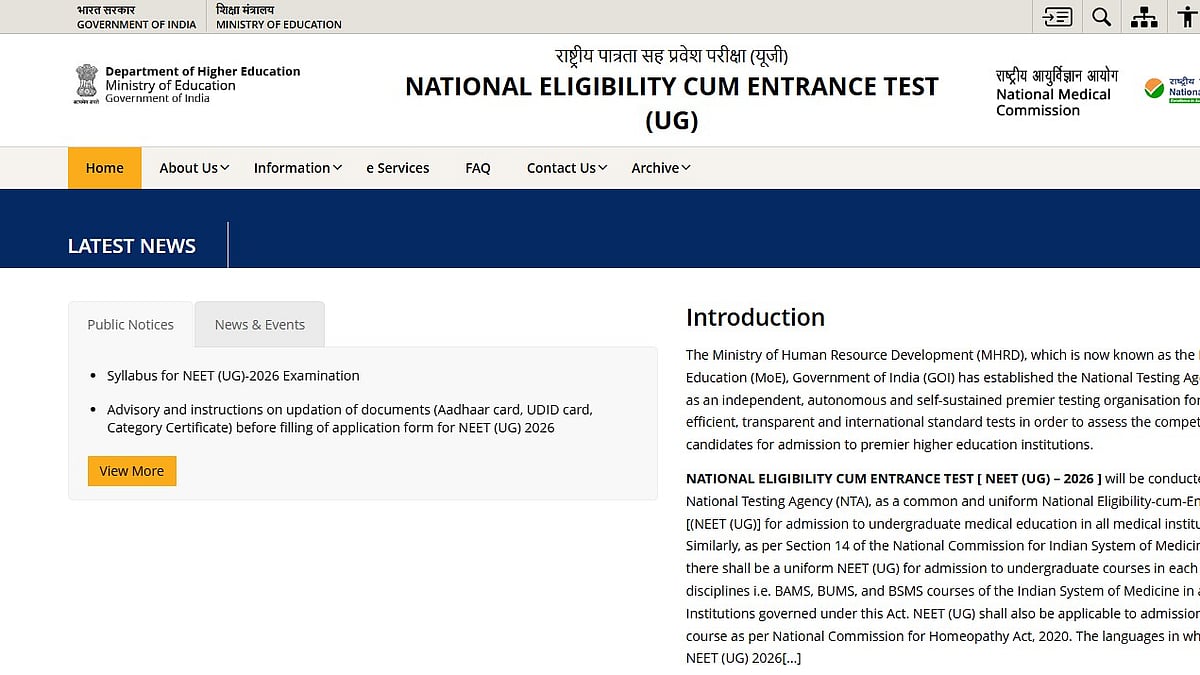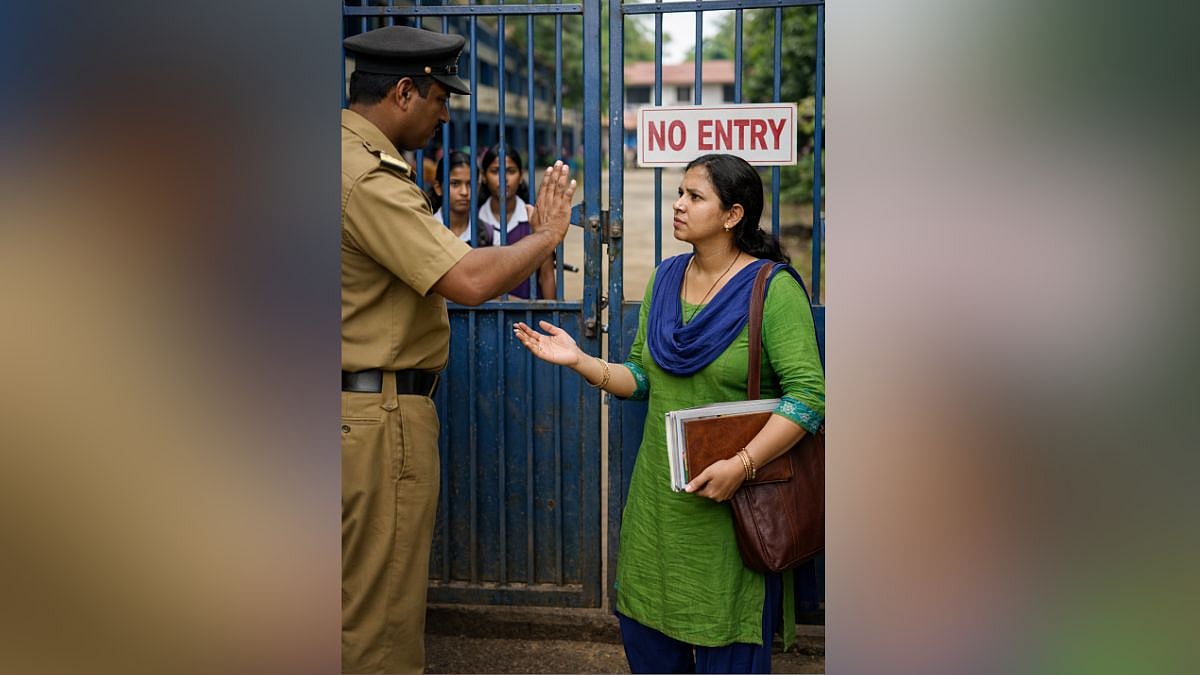Chennai: The 'HomoSEP,' a robot built by researchers at the Indian Institute of Technology Madras to reduce manual scavenging in India, is ready for field deployment. A total of ten units will be deployed across Tamil Nadu, with researchers already in contact with sanitation workers to determine where they would be placed. Gujarat and Maharashtra are also being explored as possible locations.
This robot was created by a team led by Prof. Prabhu Rajagopal in collaboration with others over the course of several years. The team has maintained regular contact with sanitation workers and is backed by the Safai Karamchari Andolan (SKA), an NGO dedicated to ending manual scavenging in India.
Through the assistance of the NGO SKA, the first two HomoSEP units have been handed to self-help organizations led by Ms. Nagamma and Ms. Ruth Mary, whose husbands tragically died during sanitation work.
Prof. Prabhu Rajagopal, Principal Investigator of the Project and Faculty, Department of Mechanical Engineering, IIT Madras, described his objectives for inventing HomoSEP as follows:
“The Septic Tank is a poisonous environment, filled with semi-solid and semi-fluid human fecal material that make up about two-thirds of the tank. Hundreds of deaths are reported every year across India, due to manual scavenging in Septic Tanks despite bans and prohibitory orders.”










